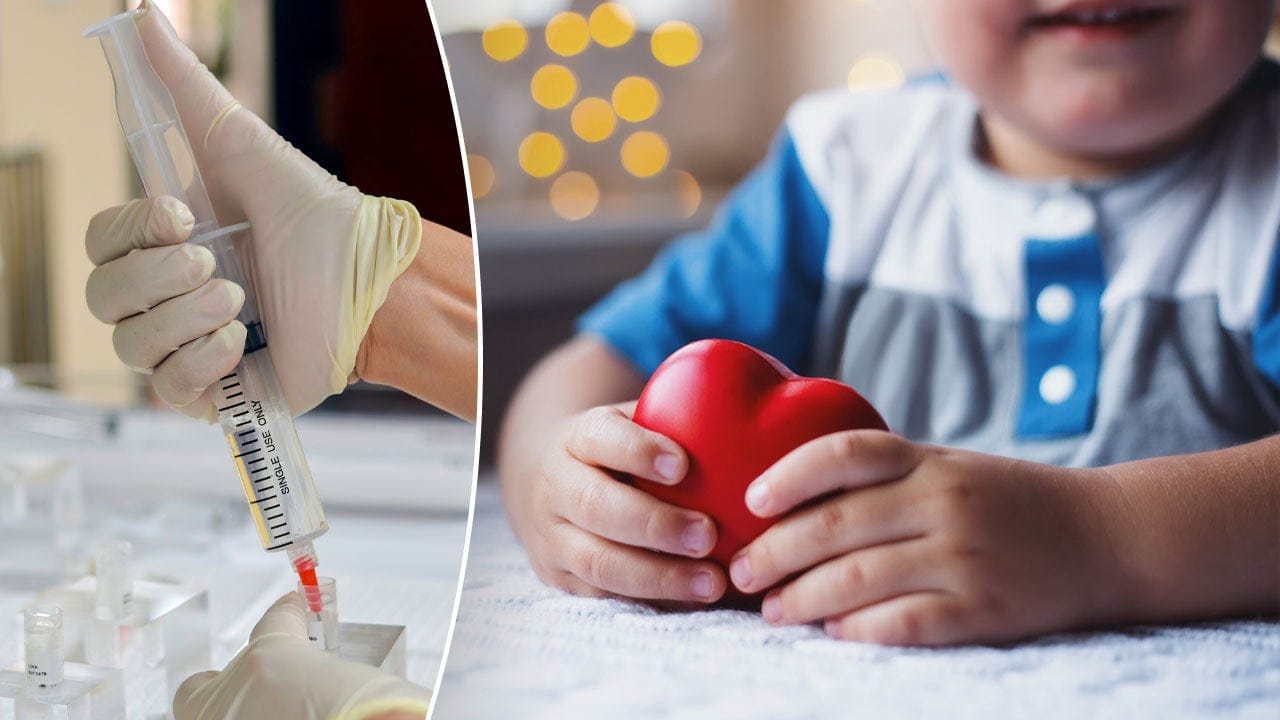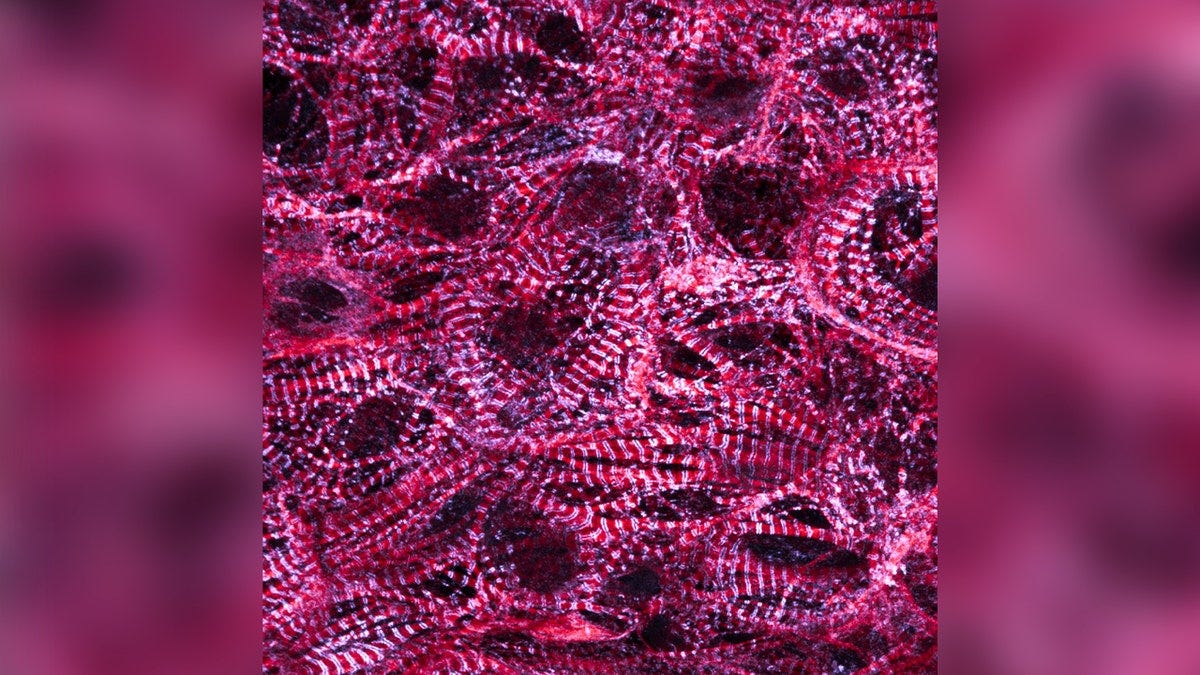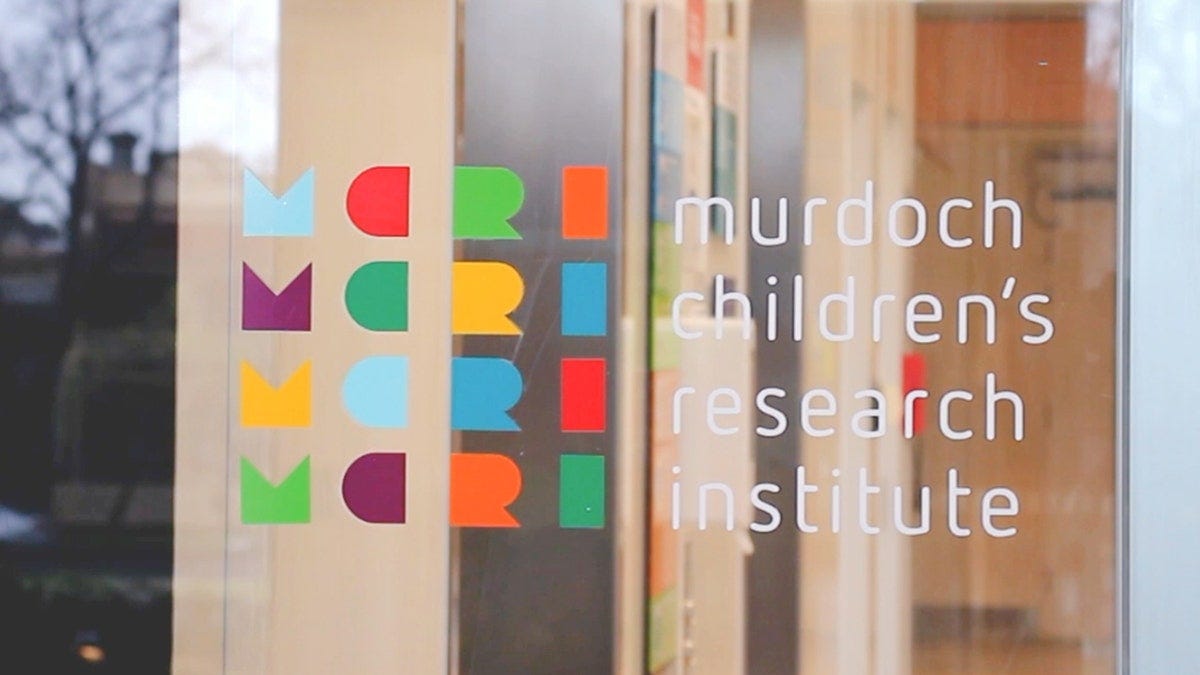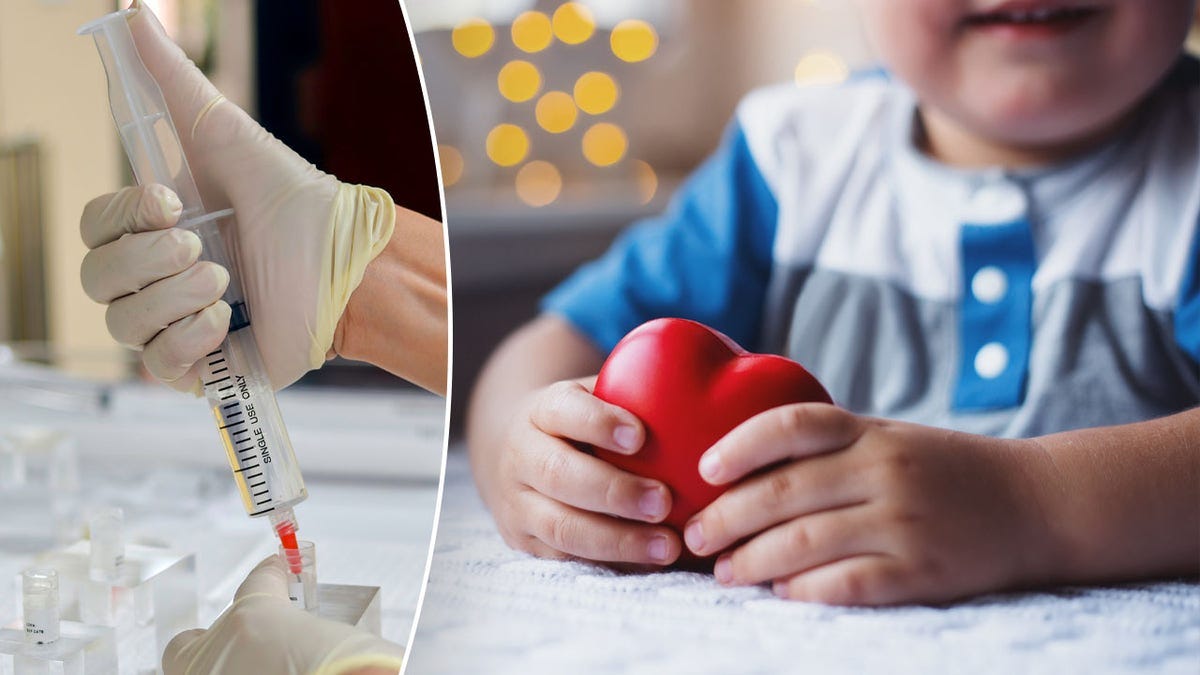Stem cell therapy to correct heart failure in children could 'transform lives'
Murdoch Children's Research Institute pursuing ‘Miracle therapy’ offers life-changing hope for parents fighting to save their children
December 28, 2024
Renowned visionary English physician William Harvey wrote in 1651 about how our blood contains all the secrets of life.
"And so I conclude that blood lives and is nourished of itself and in no way depends on any other part of the body as being prior to it or more excellent," he wrote.
"So that from this we may perceive the causes not only of life in general … but also of longer or shorter life, of sleeping and waking, of skill, of strength and so forth."
Dr. Kevin Watt, team leader of the Heart Regeneration and Disease Laboratory at the Murdoch Children’s Research Institute (MCRI) in Melbourne, Australia, understands this concept deeply.
STEM CELL RESEARCH SHOWING NEW POSSIBILITIES FOR TREATING INFANT HEART DISEASE
He lives it every day, as he and his fellow researchers study and reprogram the potential of the blood to treat disease, specifically heart failure in children.
Building on the work of Dr. Shinya Yamanaka of Japan, who discovered that specialized cells could be reprogrammed back to immature stem cells, Watt and his collaborators have taken this work several steps further.
During upcoming clinical trials, "large sheets of heart tissue will be stitched into the failing heart," said Dr. Kevin Watt, team leader of the Heart Regeneration and Disease Laboratory at Murdoch Children’s Research Institute (MCRI) in Melbourne, Australia. (MCRI)
They have used small molecules to turn these new stem cells from the blood into heart cells.
Small heart organoids are developed in the lab — which can then be injected into the failing hearts of children.
BOY FACING BLINDNESS GETS LIFE-CHANGING EYE SURGERY: ‘SUCH A BLESSING’
Relying on the philanthropic support of the Murdoch Institute, the work is progressing rapidly and has been shown to be effective already in mice, pigs and sheep.
Clinical trials in humans will be starting soon, and as Dr. Watt told me in an interview from Australia, "Large sheets of heart tissue will be stitched into the failing heart."
Congenital heart failure as well as side effects of chemotherapy in children will be targets for this miracle therapy.
Millions of children around the world suffer daily from these conditions.
Researchers at MCRI are studying and reprogramming the potential of the blood to treat disease, specifically heart failure in children. (MCRI)
Watt said that certain chemotherapy (anthracyclines) have a higher risk of heart failure – up to 15% of the time – and this treatment may be useful to protect the heart.
Watt said, "Heart failure remains an urgent, unmet clinical challenge across the world. While we have made significant advances over several decades in managing the disease, we lack targeted therapies to treat these devastating conditions."
He added, "More than 500,000 children around the world live with advanced heart failure that requires transplantation. The vision of our research is to develop new therapies that can transform the lives of children with heart failure."
"More than 500,000 children around the world live with advanced heart failure that requires transplantation. The vision of our research is to develop new therapies that can transform the lives of children with heart failure." (iStock)
To achieve this, he said, "we use a technology called induced pluripotent stem cells, where we can convert blood or skin cells of patients with heart failure into stem cells that we then turn into heart cells … or even make engineered heart tissues that can be stitched onto the patient’s heart to help it pump."
READ MORE:
A Failing Heart Can Still Heal Itself: Study
Heart tissue can regenerate — How Cold War nuclear tests led to major discovery









